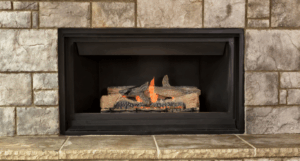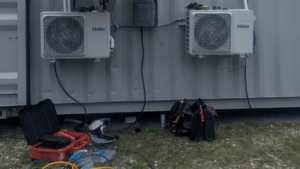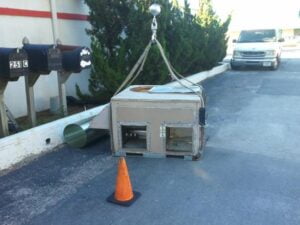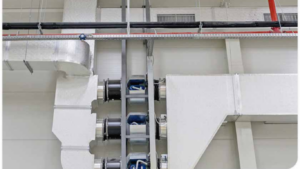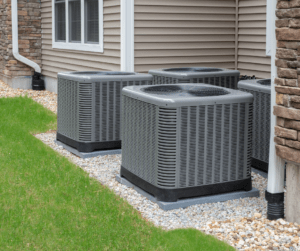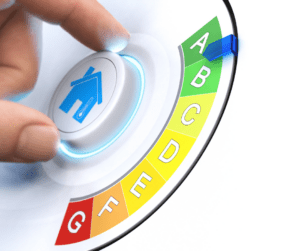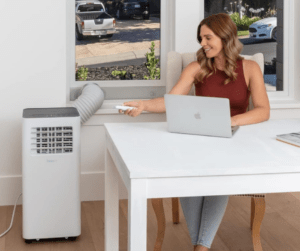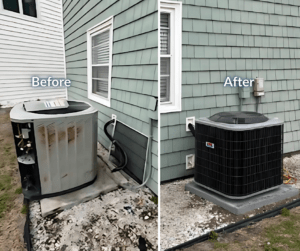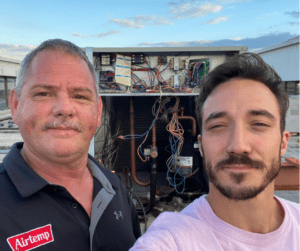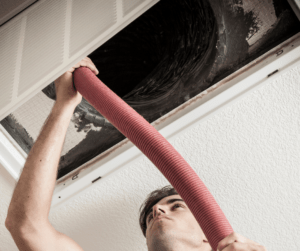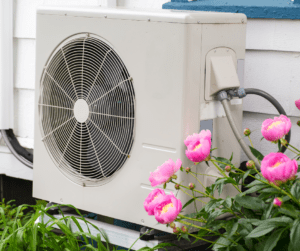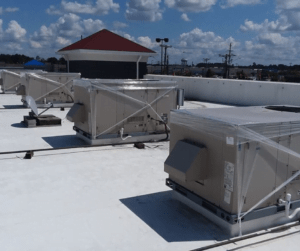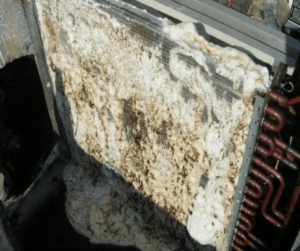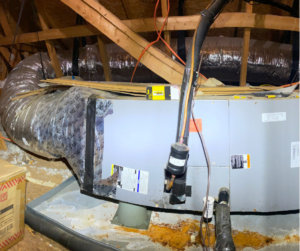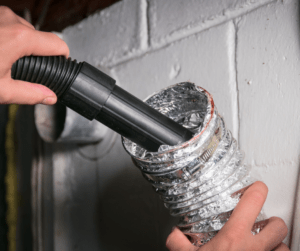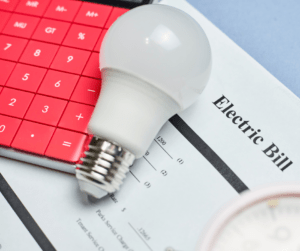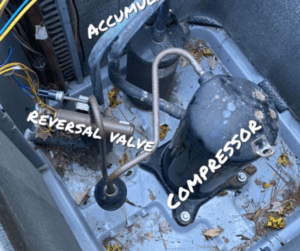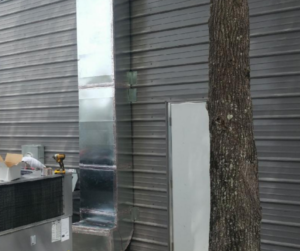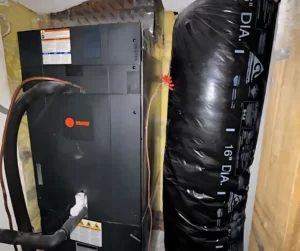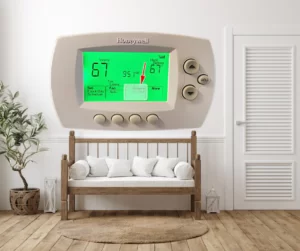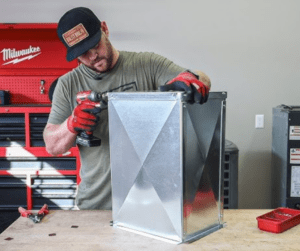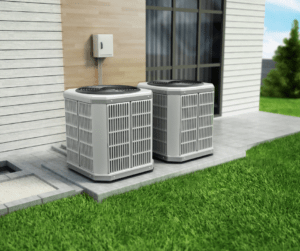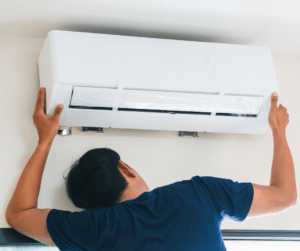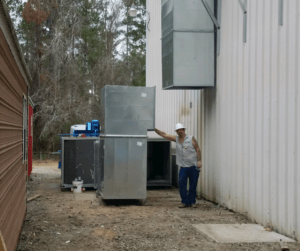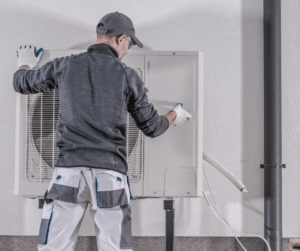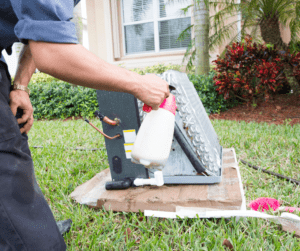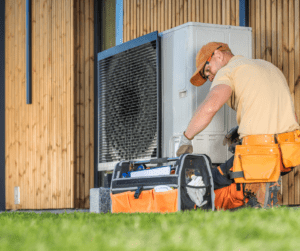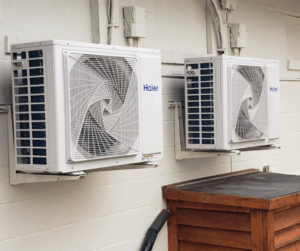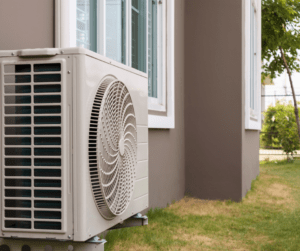Heating System Maintenance: How Often is Enough?
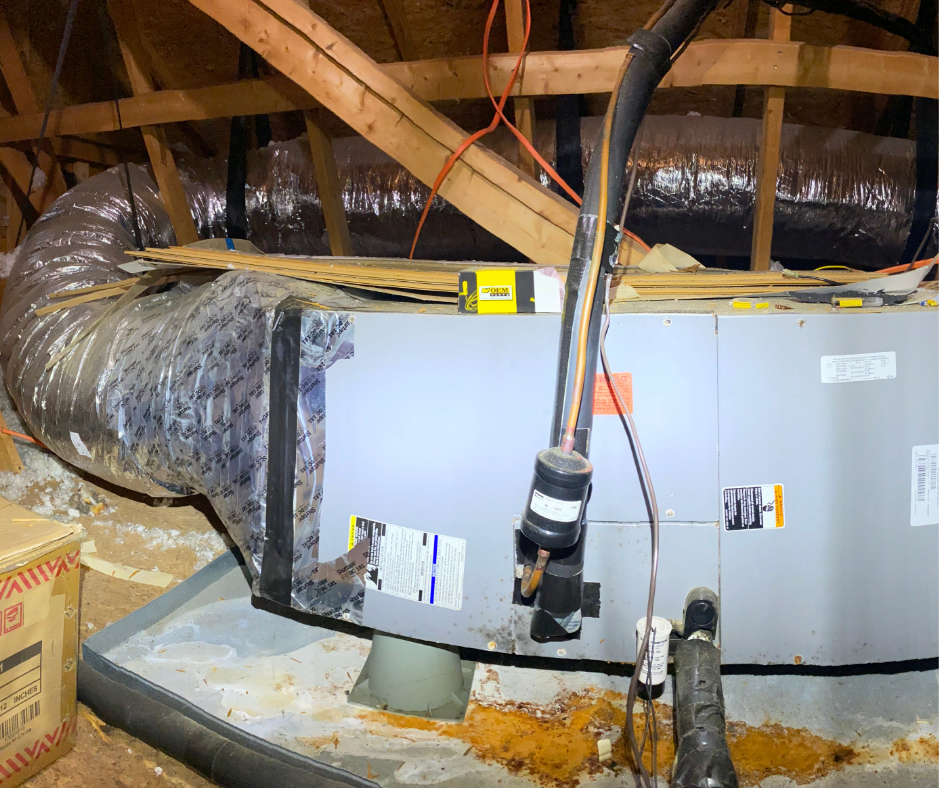
Introduction to Maintaining Your Heating System
Maintaining your heating system plays a crucial role in ensuring your home remains warm and cozy during the chilly months. Consistent upkeep not only prevents unexpected malfunctions but also enhances the efficiency of your HVAC system, making sure it runs smoothly when you need it most. This blog post aims to shed light on the different aspects of heating system maintenance, from understanding the factors that influence how often you should service your system to offering a practical maintenance schedule and easy DIY tips.
Heating systems, whether they are furnaces, boilers, or heat pumps, require regular attention to perform optimally. Think of it like maintaining a car – routine check-ups and minor fixes can prevent larger, more costly problems down the road. Without regular heating system maintenance, heating systems can suffer from wear and tear, reduced efficiency, and even complete breakdowns, leaving you in the cold and facing expensive repair bills.
One of the key reasons for regular maintenance is to ensure safety. A neglected heating system can develop serious issues such as gas leaks or faulty electrical connections, posing risks to your home’s safety. Regular inspections help catch these problems early, providing peace of mind and a safe living environment.
Efficiency is another significant benefit of regular HVAC maintenance. A well-maintained heating system uses less energy to produce the same amount of heat, which translates to lower energy bills. By keeping your system in good working order, you not only save money but also reduce your environmental footprint.
Lastly, let’s not forget about comfort. A heating system that’s in top shape provides consistent, even heating throughout your home. You won’t have to deal with cold spots or inefficient performance that leaves some rooms warmer than others. Proper maintenance ensures that your cooling and heating system responds effectively to your heating needs, keeping your home uniformly warm and comfortable.
This blog will cover essential topics to help you understand and implement an effective maintenance routine for your heating system. From factors affecting maintenance frequency to practical tips you can do yourself, we aim to equip you with the knowledge needed to keep your heating system in excellent condition.
Factors That Affect How Often You Should Perform Heating System Maintenance
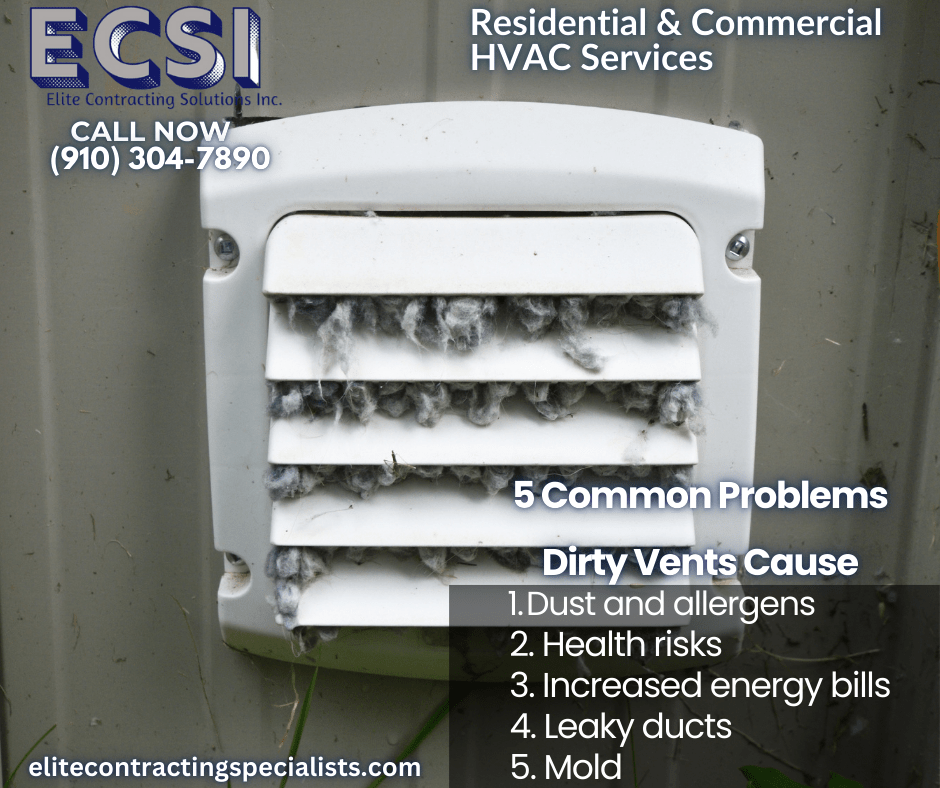
Several factors influence how often you should service your heating system. First and foremost, the type of heating system you have plays a significant role. Whether you have a furnace, boiler, or heat pump, each system has unique maintenance needs. For example, furnaces often require more frequent filter changes compared to boilers, which might need less frequent but more thorough inspections.
Another important factor is the age of your heating system. Older systems typically require more frequent heating system maintenance to continue operating efficiently and safely. As systems age, their components can wear out, leading to more frequent service needs. Keeping an older HVAC system well-maintained can also help extend its lifespan, delaying the need for a costly replacement.
Usage patterns also significantly impact maintenance frequency. If you use your heating system heavily throughout the colder months, it will likely need more regular check-ups. On the other hand, if you only use it occasionally or if you live in a milder climate, you might be able to get by with less frequent servicing.
The quality of the HVAC installation and previous maintenance also plays a role. A well-installed heating and air system that has been consistently maintained will generally require fewer interventions compared to one that was poorly installed or neglected in the past. Ensuring your HVAC system is installed by a reputable HVAC professional and following a regular maintenance routine can make a big difference.
Environmental factors shouldn’t be overlooked either. Dusty or polluted environments can clog filters and other components, requiring more frequent cleaning and maintenance. Similarly, homes with pets may find their heating systems accumulating hair and dander more quickly, necessitating more frequent filter changes and cleanings.
By considering these factors, you can better understand how often to service your heating system, ensuring it remains efficient, safe, and reliable throughout the year. Tailoring your heating system maintenance schedule to your specific situation will help you get the most out of your heating system.
Suggested Schedule for Heating System Upkeep
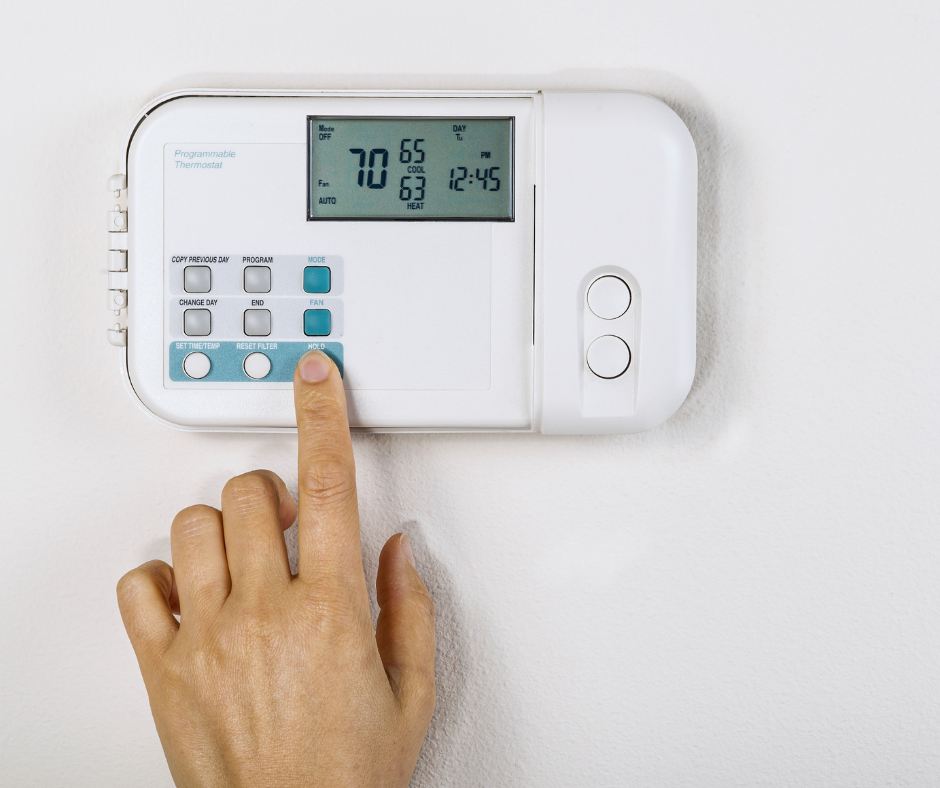
Creating a heating system maintenance schedule for your heating system is essential to keep it running efficiently. Here are some general guidelines to help you stay on track.
First, aim for an annual professional HVAC inspection. This should ideally be done in the fall, before the cold weather hits. A professional HVAC technician can check for potential issues like worn-out parts or heating and cooling system inefficiencies, ensuring everything is in working order.
Throughout the year, make it a habit to inspect and change the air filters regularly—every 1-3 months is usually recommended. Dirty filters can reduce efficiency and strain your system, so keeping them clean is crucial.
Every few months, check your thermostat settings to make sure they’re accurate. This helps maintain a consistent indoor temperature without overworking your HVAC system. If you have a programmable thermostat, review the settings seasonally to align with your heating needs.
It’s also beneficial to inspect the vents and registers in your home. Ensure they’re not blocked by furniture, curtains, or other obstructions. This allows for better airflow and more effective heating.
Periodically, take a look at the outdoor unit if you have a heat pump. Clear away any debris, leaves, or dirt that might have accumulated around it. This simple task can significantly improve your system’s performance.
Lastly, listen for any unusual sounds coming from your heating system. Odd noises can be an early indicator of a problem that needs professional attention.
By following these guidelines, you’ll help your heating system operate smoothly and efficiently, keeping your home warm and comfortable throughout the colder months.
Heating Ssytem Maintenance Tips You Can Do Yourself
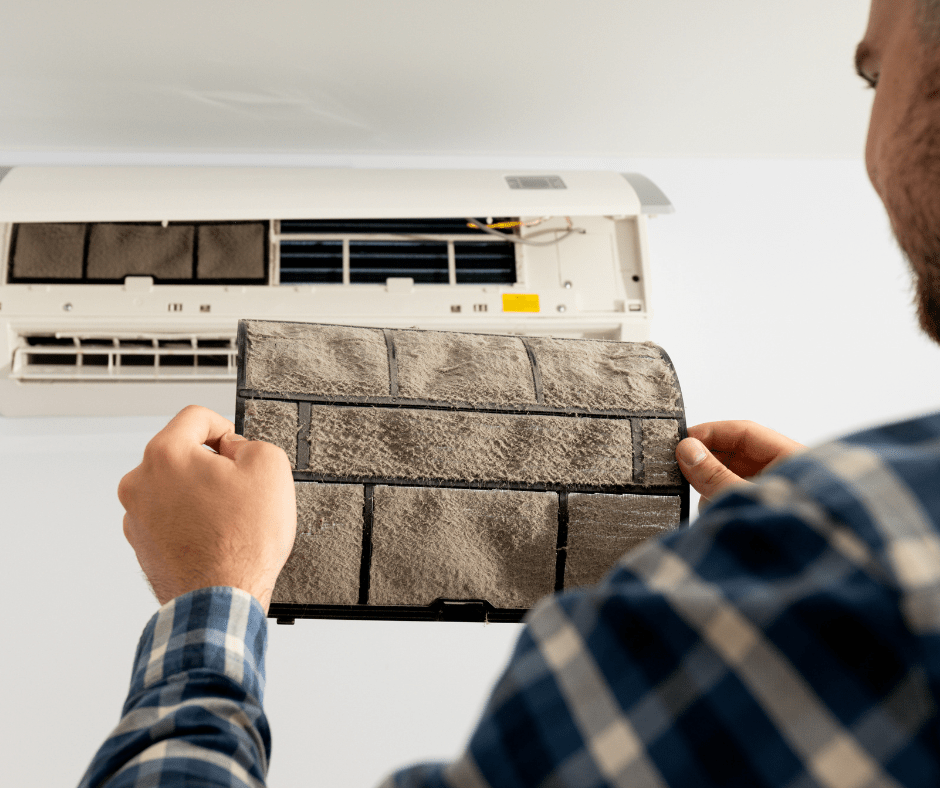
Keeping your heating system in good condition between professional inspections is easier than you might think. Start by focusing on the air filters, which play a vital role in your system’s efficiency. Make it a routine to check and replace them every 1-3 months. Clean filters allow for better airflow and can significantly enhance your HVAC system’s performance.
Next, pay attention to the vents and radiators around your home. Ensure that these are free from obstructions like furniture, drapes, or other household items. Clear pathways allow the heat to distribute evenly throughout your space, keeping every room comfortable.
You should also periodically inspect your heating system at your business or home for any visible signs of wear and tear. Look for rust, leaks, or any unusual debris around your unit. These could be early indicators of more significant issues that might need professional attention. While a quick visual check won’t replace a comprehensive inspection, it can help you catch potential problems before they escalate.
Don’t forget to keep the area around your outdoor unit clean if you have a heat pump. Remove any leaves, dirt, or debris that may have gathered around it. This straightforward task can help maintain the unit’s efficiency and prevent potential damage.
Another useful tip is to listen for unusual sounds. If you hear anything out of the ordinary, like banging or grinding, it might be a sign that something isn’t right. While some noise is normal, significant changes in how your heating and air system sounds can indicate a need for professional assessment.
Regularly checking your thermostat is also an essential part of heating system maintenance. Ensure it’s set correctly and that the settings match your comfort needs. If you have a programmable thermostat, adjust it seasonally to optimize energy use.
By incorporating these simple tasks into your routine, you’ll help keep your heating system running smoothly and efficiently, making your home a warm and inviting place during the colder months.
Advantages of Routine Heating System Maintenance

One major advantage of routine heating system maintenance is the boost in efficiency. When your system is well-maintained, it works more effectively, producing the desired heat without overexerting itself. This means it uses less energy, which translates to lower utility bills. Additionally, regular upkeep can extend the lifespan of your heating system, delaying the need for costly replacements.
Safety is another crucial benefit. Regular heating system maintenance checks can catch potential hazards early, such as gas leaks or faulty electrical connections. Identifying these issues before they escalate keeps your home safe and provides peace of mind.
Routine maintenance also helps prevent inconvenient breakdowns. No one wants their heating system to fail during the coldest days of the year. By keeping up with regular check-ups, you reduce the likelihood of unexpected malfunctions, ensuring your home stays warm and cozy.
Furthermore, a well-maintained system contributes to better indoor air quality. Clean filters and components mean fewer dust particles and allergens circulating in your home, which is especially beneficial for those with allergies or respiratory conditions.
In summary, committing to regular heating system maintenance not only keeps your home warm and comfortable but also enhances safety, saves money, and improves indoor air quality. By investing a little time and effort into routine upkeep, you ensure that your heating system remains reliable and efficient for years to come.
Conclusion
You should now have an understanding of how important heating system manintenance is to maintain a comfortable home or business enviroment. For more heating and cooling tips, be sure to read our following related articles.


